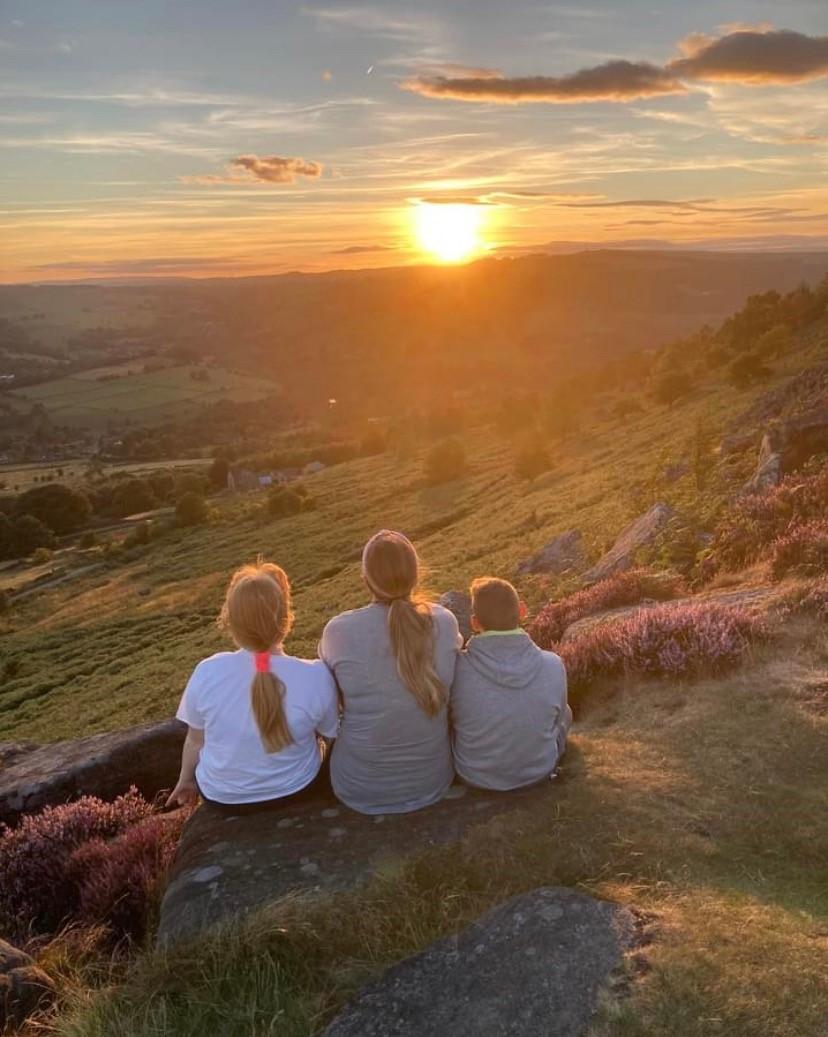Family Zone uses a creative, whole-family approach to work with young people who are living with a parent with a diagnosed mental illness to improve family wellbeing and connection.
The group-based project provides a non-judgemental space that allows the young people and their parents to explore their feelings and express them in different ways.
We also adopt a peer support approach, understanding the importance of creating connections with people in similar situations or with similar experiences.

Why do we need Family Zone?
- This year, approximately 31 million parents/carers will experience a mental health problem and one in four adults experiences a diagnosable mental health problem every year (NHS England, 2024).
- Around 60% of these adults are parents/carers (Royal College of Psychiatrists, 2016). Their mental illness does not only impact them but also their children. At any given time, 1 in 3 children have a parent with poor mental health – today that equates to 4 million children (Our Time, 2022).
- A child whose parent/carer has a mental illness has about a 70% chance of developing a mental health problem themself (Leijdesdorff et al., 2017). That is 3 times the risk faced by their peers (Our Time, 2022).
After the end of KidsTime and our systemic review with Anna Freud Centre, it was evident that the need for this type of whole-family approach was vital. Families expressed how these groups had strengthened their families and also taken away the shame and stigma that was attached to the poor mental health they were experiencing. By opening up conversations around mental illness in a group setting, it gave permission to parents to continue these conversations at home. This brought understanding to children instead of the fear or blame that they can often feel when they see things happening around them.
" I was in denial about whether my child was aware of my mental health illness. I have had to now realise that they are and I need to face this."
Parent
After KidsTime, we held focus groups with parents and Family Zone was born! Overwhelmingly they wanted a group where children could learn about mental illness and creatively express themselves in a fun enjoyable way. Parents wanted to be part of a group that felt supportive and non-judgmental to remove the shame and guilt they had felt for having a mental illness and about the effects it would have on their children. By normalizing mental illness discussions, showing compassion and warmth, these families are equipped with tools to continue the communication and open dialogue around poor mental health empowering families to grow together.
What do we want to achieve through Family Zone?
We want to improve the mental health and wellbeing of parents and children by increasing:
- Their understanding of mental health, empowering them with the confidence and resilience to use the project’s tools and techniques to support good mental health.
- Parental confidence to meet child wellbeing needs and to talk appropriately about mental health with them.
- Their confidence to access other community activities for children and young people.
- Their ability to discuss mental health within families, enabling early problem-solving.
- Connections and reduce isolation.
We want to enable families to flourish individually and as a family, removing the shame that is often rooted in mental illness.
Delivery
We will be starting delivery in Southwark from September 2024. We hope to run a number of groups over the next two years.
Our partners are the London Borough of Southwark. As well as our own funding, we have received additional funding from Richer Sounds to trial the first group.
How to get involved
If you want to find out more about the programme please contact our Project Manager Nadine Rose at NRose@mentalhealth.org.uk
Related content
Programmes for families, children and young people
Parental mental health problems, if untreated, can affect the long-term well-being of both parents and children.
KidsTime Workshops
KidsTime Workshops provide a fun, safe and supportive environment where families affected by mental ill-health can come together to learn about mental health and support each other.
